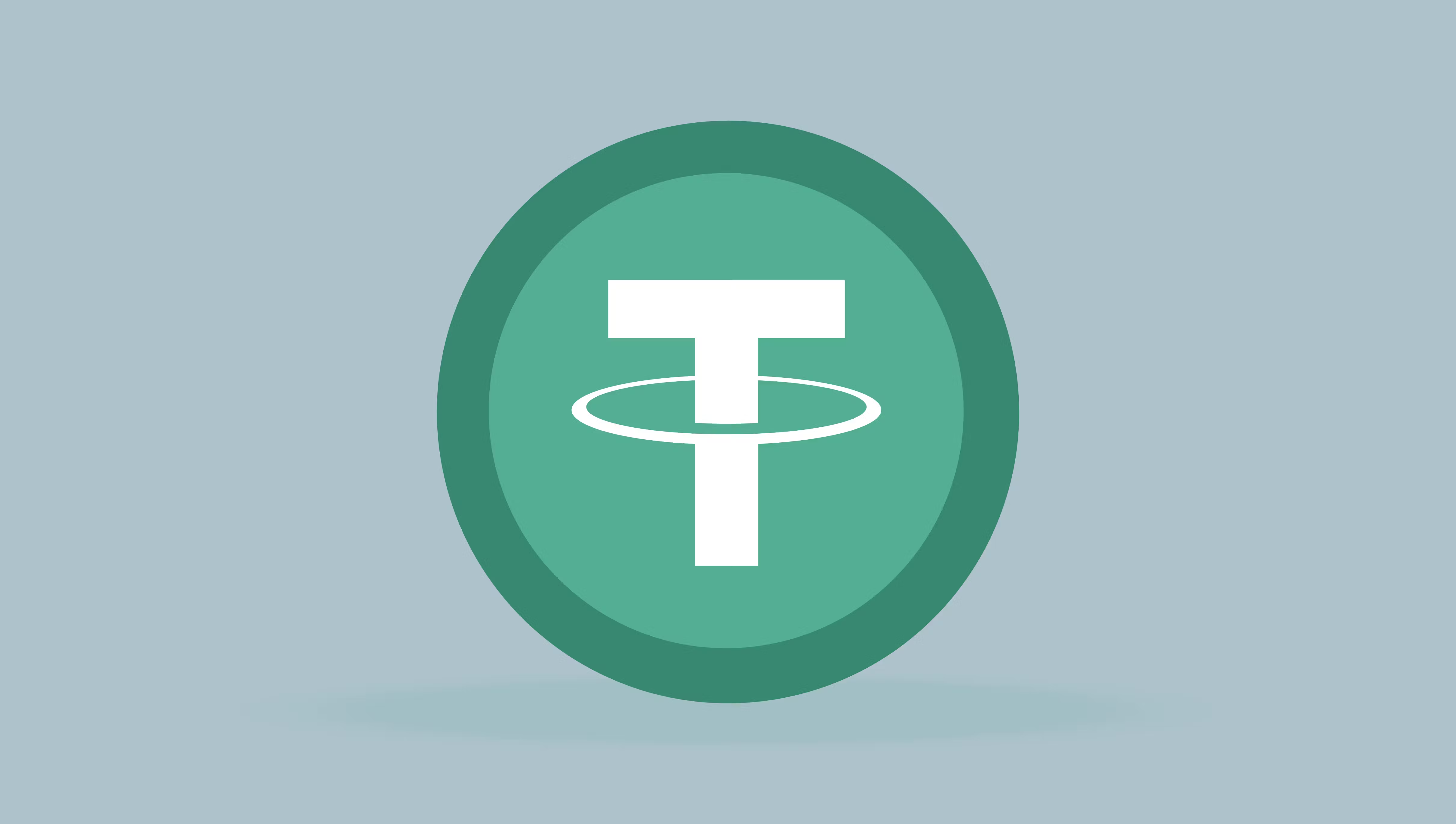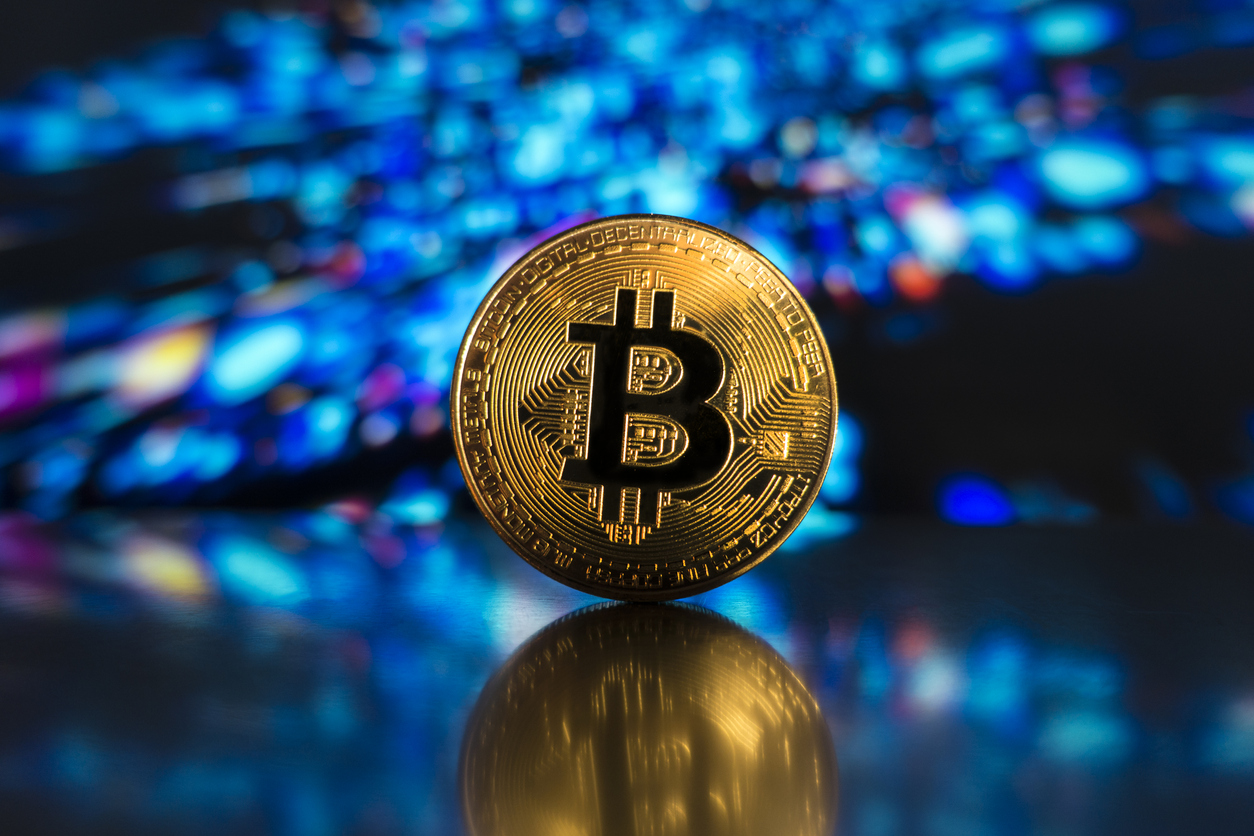The Japanese parliament’s upper house has passed a bill to promote research and development (R&D) in artificial intelligence (AI). The law aims to keep Japan at the forefront of the technology, considers the wider impact of AI on society and the economy, and gives the government new powers to investigate firms in the AI industry.
The bill passed the House of Councillors this week with backing from the governing coalition and most major opposition parties, signaling broad support for the move. It had already passed the House of Representatives with similar support in April, guaranteeing its passage into official law.
One of its provisions is the formation of a “strategic headquarters” that includes the prime minister and the entire Cabinet to create a basic plan to advance AI R&D along with its potential applications.
Local media reports have focused more on how the government will deal with risks associated with widespread AI use rather than the R&D aspects. This reflects the growing awareness of AI in the mainstream, as more members of the general public have personal experience with generative AI tools.
One concern is that AI may “facilitate crimes, leak personal information, and violate copyrights.” False or incorrect information generated by AI tools could also have negative impacts. Under the new law, the government may disclose the names of companies it considers “malicious” if an AI-related crime is committed.
If a reported incident is serious enough, the government can launch official investigations into companies or groups involved. Based on its findings from these potential investigations, it may instruct or advise business operators related to the matter, release information to the public, and take “other necessary actions.”
AI has been on the Japanese government’s radar for some time. A decade ago, it was grouped in a list of four emerging technologies deserving attention as one of former Prime Minister Shinzo Abe’s economic “arrows.” Together with the Internet of Things (IoT), robotics, and Big Data, AI formed a key part of Abe’s “Abenomics” national revitalization plans.
Back then, any mention of AI was immediately connected to robotics and the concept of humanoid robots working in the service industry. That’s still prominent in Japan, though nowadays, the focus is more on generative AI and its downstream issues, such as the veracity of the information it provides and potential harms to end-users and creators.
In 2025, technological and geopolitical concerns have shifted and the revival Abenomics promised hasn’t quite materialized. But its legacy lives on in current policies, and Japan has always seen awareness of technological developments as part of its national prestige. Even if this doesn’t necessarily involve Japan remaining at the bleeding edge of actual development, the government is always keen to stay informed of any new implications.
Several large corporations in Japan have begun integrating generative AI into their office workflows, consumer applications, and industrial processes. These include Panasonic (NASDAQ: PCRFF), Japan Airlines (NASDAQ: JPNRF), Asahi Breweries, Sumitomo Chemical (NASDAQ: SOMMF), Suntory (NASDAQ: STBFF), Seven-Eleven, and Asahi Steel. Large financial institutions like MUFG Bank (NASDAQ: MUFG), SMBC Group, and Mizuho (NASDAQ: MZHOF) have also claimed to have begun using generative AI in office and financial processes.
Internationally, significant AI advancements are seen as opaque or difficult to understand, and there’s a growing suspicion that companies and governments will keep their true capabilities secret, potentially to use against adversary countries and even members of the public.
As a result, there’s a growing desire for more transparency in the industry and disclosure of what data is being used, and how. Data security and protection of private information have been gaining attention for several years now, but this is now joined with an appetite for data veracity. Information systems of the future will need built-in protections for these, not just legislation if data-driven economies and societies are to retain public trust.
In order for artificial intelligence (AI) to work right within the law and thrive in the face of growing challenges, it needs to integrate an enterprise blockchain system that ensures data input quality and ownership—allowing it to keep data safe while also guaranteeing the immutability of data. Check out CoinGeek’s coverage on this emerging tech to learn more why Enterprise blockchain will be the backbone of AI.
Watch: Demonstrating the potential of blockchain’s fusion with AI

















 English (US) ·
English (US) ·